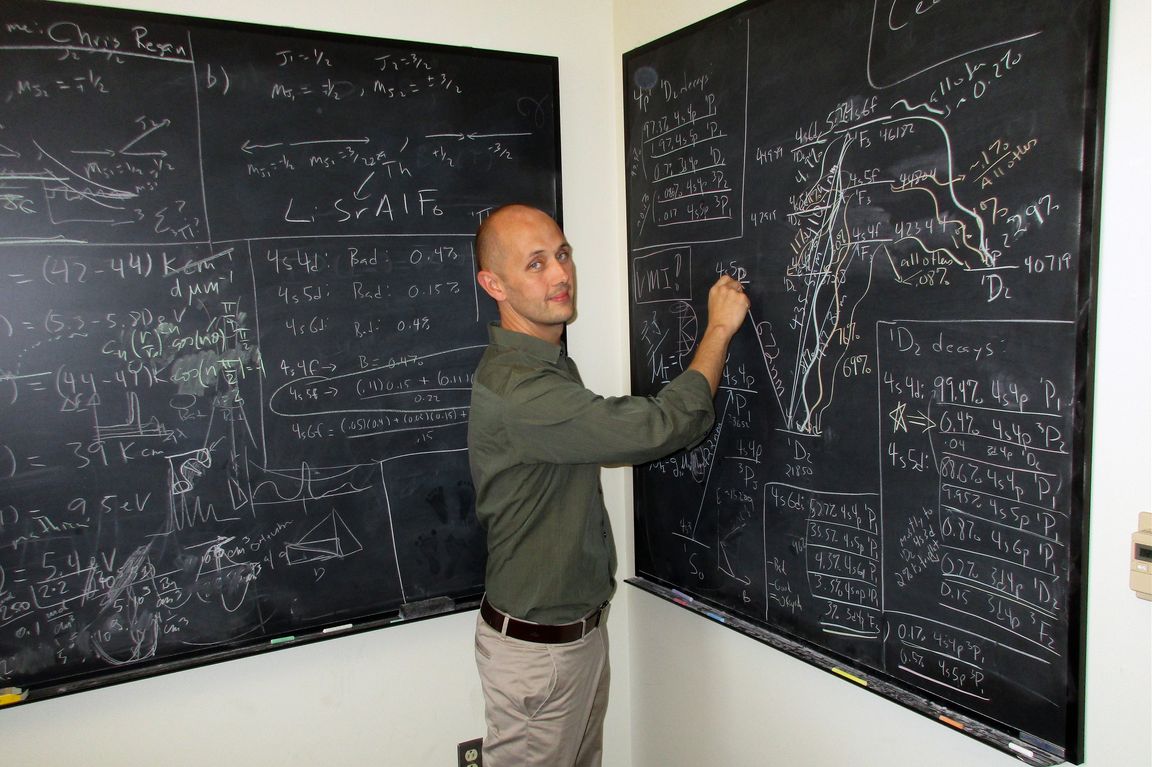
The National Science Foundation (NSF) awarded $25 million to a UC-headed research group to create the NSF Quantum Leap Challenge Institute for Present and Future Quantum Computation. The goal of the institute is to actualize a long-awaited sci-fi movie fantasy: quantum computing.
Quantum computers will offer a sheer boost of computing power, that will help solve a variety of the world’s problems including those in science, national security, and maybe even COVID-19.
“Scientific problems that would take the age of the universe to solve on a standard computer potentially could take only a few minutes on a quantum computer,” said Eric Hudson, a UCLA professor of physics and co-director of the new institute, to UCLA newsroom. “We may get the ability to design new pharmaceuticals to fight diseases on a quantum computer, instead of in a laboratory. Learning the structure of molecules and designing effective drugs, each of which has thousands of atoms, are inherently quantum challenges. A quantum computer potentially could calculate the structure of molecules and how molecules react and behave.”
In addition to Hudson, UCLA faculty members in the project include Wesley Campbell, an associate professor of physics, and Jens Palsberg, an IDRE Executive Committee member and a professor of computer science. The institute will train graduate students interested in the quantum industry as well as advance education from high school and college students with online classes.